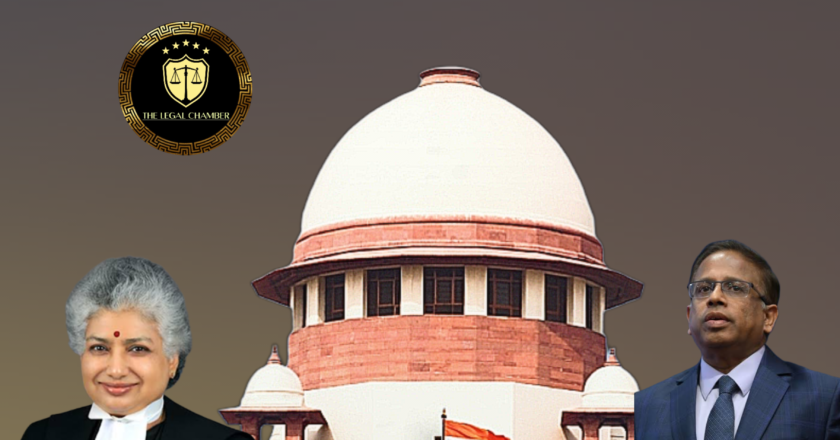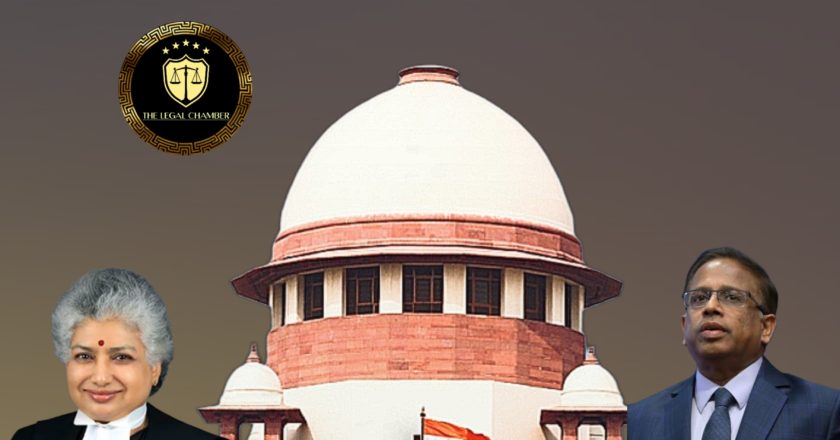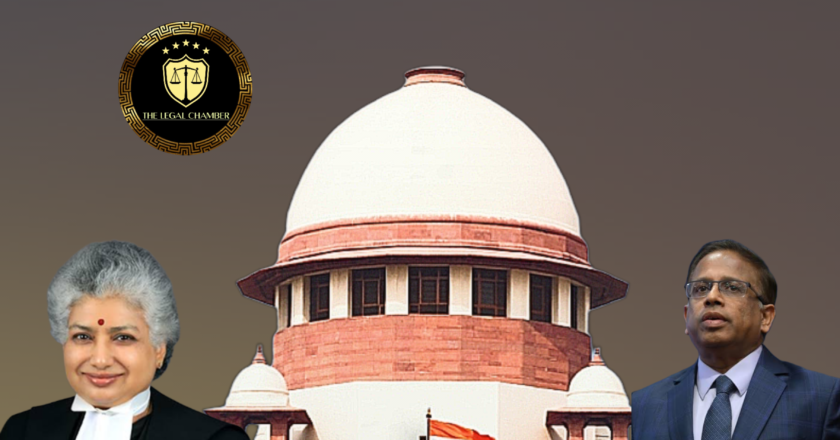Supreme Court: 20-Year Life Sentence Means Release After 20 Years, No Remission Needed
The Supreme Court ruled that a "life imprisonment" sentence specifying a fixed term of "actual imprisonment without remission" is a determinative sentence. Upon completing that fixed term, the convict is entitled to automatic release and need not apply for remission. Any detention beyond this period violates Article 21 of the Constitution.
Facts Of The Case:
Sukhdev Yadav was convicted for the 2002 murder of Nitish Katara, alongside Vikas and Vishal Yadav. In 2015, the Delhi High Court, while upholding his life sentence, specifically modified it to "life imprisonment which shall be 20 years of actual imprisonment without consideration of remission." This fixed-term sentence was later affirmed by the Supreme Court. Sukhdev Yadav completed this mandated 20-year period of actual inc...



